Welcome to our second newsletter, where we share Camino tidbits, some live gospel singing, and tips to help you on your Way. Buen Camino! – Emma
Training
Walking the Camino is within reach of most able-bodied folk. That said, the more you prepare before you leave home, the more enjoyable you’ll find the experience. We recommend you start preparing now! It’s good to begin by trying to walk most days and then increase the amount of time you walk for. Training is a rewarding aspect of your Camino: you’ll get to know your local environment and really start to feel good in your body. Don’t forget to stretch before and afterwards to keep you limbered up and to avoid injury.
Now’s a good time, if you have any concerns, to see a physiotherapist, podiatrist or other specialist and develop a plan to put you in the best shape for your walk.
Now’s a good time, if you have any concerns, to see a physiotherapist, podiatrist or other specialist and develop a plan to put you in the best shape for your walk.
Jessie in Action!
Village in Focus – Samos
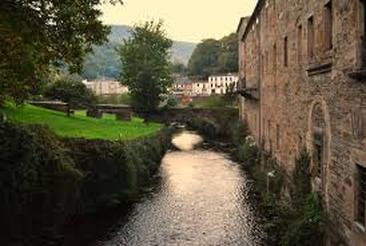
Samos is home to one of the most famous monasteries in Spain. The Monastery of San Julian de Samos lies on the peaceful banks of the river Sarria. The massive 6th century structure is truly a sight to behold, combining Romanesque, Gothic, Renaissance and Baroque elements. It was converted to be a Benedictine monastery in the 12th century and it still is today.
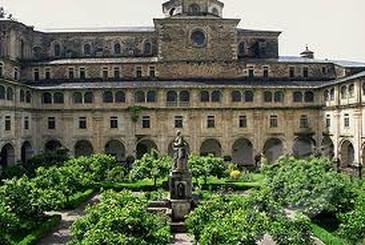
You are free to explore, take a tour, or relax by the river in this lush and peaceful valley. In the afternoon you can enjoy the unique experience of listening to the singing of vespers by the local nuns before meeting the group for our own singing and dinner over looking the river. It’s a beautiful walk along the river to Sarria in the morning the following day – Enjoy!
Spanish Specialty – Pulpo
You won’t be in Galacia long before you notice the proliferation of pulperias along the Way. Pulperias are restaurants that specialize in preparing mouth wateringly good Galacian style octopus. The favourite version available is Pulpo Gallega, which is also featured in tapas bars in the northwest corner of Spain.
What is a Compostela?
A Compostela is the certificate you earn by walking at least the last 100km of the Camino. To attain it you need to specify on your Credential (for explanation of Credential see Newsletter 1) that you are walking the Camino for spiritual purposes. If this doesn’t fit the definition of your motivations and you have selected ‘other’ purposes, then you’ll be awarded with a different certificate celebrating your completion.
At the pilgrims' office in Santiago de Compostela, your Credencial will be examined to ensure you have legitimately completed the Camino. Your name will then be translated into Latin and your Compostela given to you to keep as a memento of your achievement.
At the pilgrims' office in Santiago de Compostela, your Credencial will be examined to ensure you have legitimately completed the Camino. Your name will then be translated into Latin and your Compostela given to you to keep as a memento of your achievement.
Learn From Past Pilgrims
Marc Grossman walked the Camino in 2007, and it has since become his passion. He now runs workshops in Australia and New Zealand to help people who plan to walk the Camino to prepare for their trip. I asked him some questions about his Camino experience.
Why did you decide to walk the Camino?
As a Spanish language teacher, I met a student who was studying Spanish because he was planning to walk the Camino de Santiago. Over the years I was getting more and more of these students attending my classes, so the decision became seamless and inevitable... my professional engagement with all things Spanish and my love of walking.
What was the greatest gift of your Camino?
Every day was different, exciting and challenging, there were surprises around each corner. I now understand that true happiness is having less and realise that burdening myself with an excessive amount of materialism is counterproductive to a meaningful and purposeful life.
What's your favourite Spanish dish?
I love the extremely subtle taste of espárragos blancos (white asparagus) served as an entree with a variety of culinary accoutrements - an acquired taste because it is so subtle in texture, flavour and aroma.
People talk about the amazing camaraderie on the Camino. What was your experience?
The vast majority of people you find on the Camino de Santiago share your values and therefore are very worthwhile getting to know and understand. We met a Spanish couple on our first Camino and they have become our most beloved friends whom we always visit each time we return to Spain and we do things together including walking.
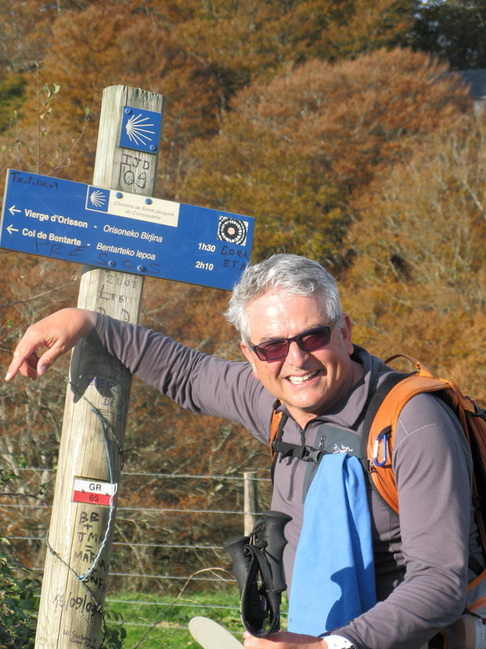
Do you have any advice for future pilgrims?
Invest heavily in your preparation. Learn about modern Spain and a modicum of the Spanish language. There is no such thing as being over-prepared: more preparation, more benefit - more effort, more benefit - many more positive outcomes.
Invest heavily in your preparation. Learn about modern Spain and a modicum of the Spanish language. There is no such thing as being over-prepared: more preparation, more benefit - more effort, more benefit - many more positive outcomes.
How has your Camino experience impacted your life in the long term?
I think about it nearly every day. I know how I wish to live my life now, my priorities have changed. My wife (mi media naranja - my half orange - famous modern Spanish expression) thinks that I'm much more patient too.
To learn more about Marc's work go to www.caminodownunder.com
To learn more about Marc's work go to www.caminodownunder.com

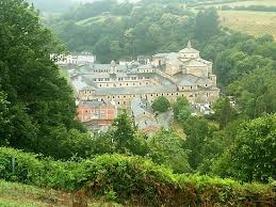
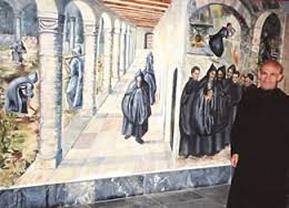
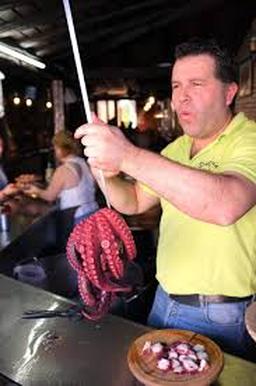
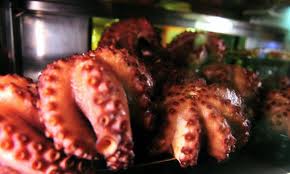
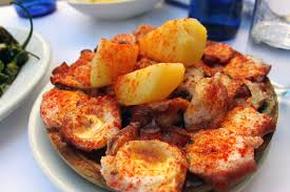
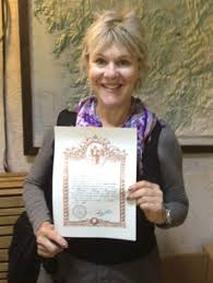
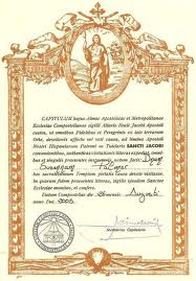
 RSS Feed
RSS Feed